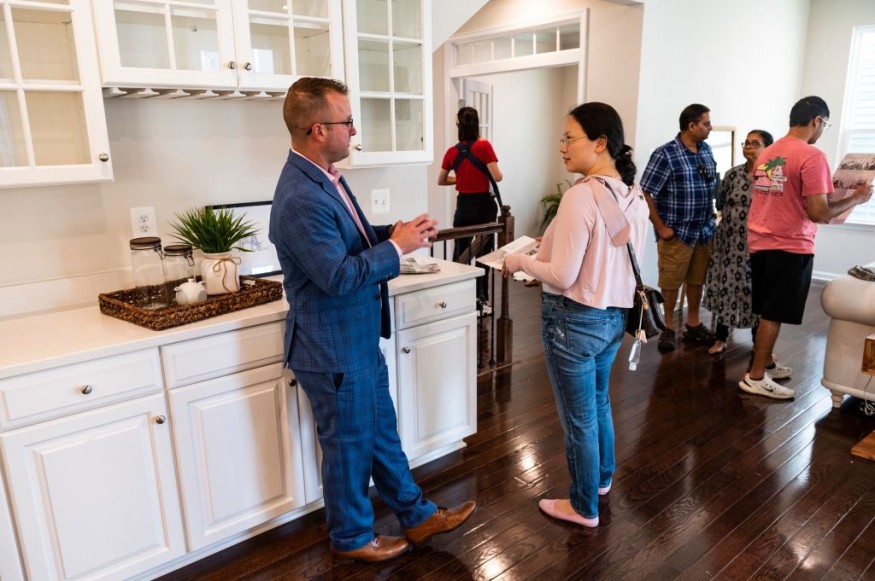
Americans earning less than $75,000 a year can still afford a median-priced home in at least 14 states, according to a recently published analysis.
That number dropped from 36 states over the last four years as home prices rose and mortgage rates soared. Today, Americans would need to make more than $110,871 to comfortably afford a median-priced home of $420,343 in at least 22 states.
However, there are 14 states where middle-income earners making a median of $74,580 can still afford to purchase a home, per a Bankrate analysis. The analysis defines a home as "affordable" if the household does not spend more than 28% of housing costs.
Mississippi: $63,043
Ohio: $64,071
Arkansas: $64,714
Indiana: $65,143
Kentucky: $65,186
Iowa: $65,314
Oklahoma: $65,443
Michigan: $66,343
Missouri: $66,986
Louisiana: $67,886
Alabama: $69,514
Kansas: $72,343
North Dakota: $73,414
West Virginia: $74,957
The analysis noted that while homes in these 14 states are more affordable, there are trade-offs, such as a higher rate of poverty and fewer high-paying jobs.
Housing Affordability Issue
The analysis comes after a survey commissioned by Redfin and conducted by Qualtrics found that at least 49.9% of homeowners and renters in the U.S. are struggling to afford their housing payments as mortgage rates and home prices rise and income.
To keep a roof over their heads, 22% of homeowners and renters said they skipped meals in the past year. Over one in seven or 15.6% also said they delayed medical treatments while 20.7% said they worked additional hours or shifts.
The survey noted that, across demographics, Black respondents were most likely to work extra hours while Hispanic respondents were most likely to sell their belongings to afford monthly housing payments.
"Affordability is the biggest issue - finding a home that's in your budget. The higher the price of a home, the harder it is to come up with the down payment or to qualify for the monthly payment. Home values are near record highs, and if you want a house, you have little choice but to pay a high price," Bankrate housing market analyst Jeff Ostrowski said.
© 2025 Realty Today All rights reserved. Do not reproduce without permission.



